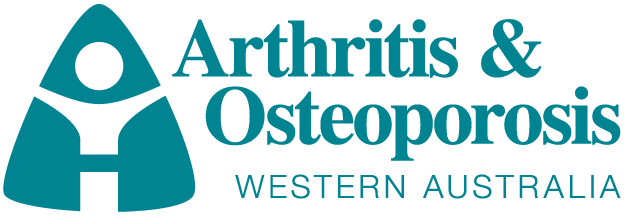Blood tests are used to help diagnose and monitor JIA. They can help your doctor determine the type of JIA you have. Blood tests are used in combination with the history and physical examination. A blood test alone cannot show whether you have or do not have JIA.
Blood tests are also used to monitor side effects from the medicines you take for JIA.
Blood tests are also referred to as “blood work” or “labs.”
How are blood tests done?
Blood tests are usually done at a blood work clinic. You will need to have blood taken with a needle.
The person trained to take blood is called a phlebotomist. First, they will roll up your sleeve. Then they will tie an elastic band called a tourniquet around your arm, above the area where the blood will be drawn. The phlebotomist will rub alcohol on your skin where the needle will be inserted.
Your blood will be drawn into small, air-tight tubes. The elastic will be removed from your arm when enough blood is taken. It will not take very long to draw the blood. When the phlebotomist is finished drawing blood, they will take out the needle. They will put a cotton swab and pressure on the spot where the needle entered your skin to stop the bleeding. Then they will put on a bandaid. The tubes will be labelled and sent away for analysis.
Sometimes, only a finger prick is needed to collect enough blood for the tests.
How to cope with needle pain
Most people do not enjoy getting blood samples taken, but a few people find it very difficult and stressful. To help prevent pain from needle sticks, topical anaesthetics (numbing cream) can be placed on your skin to numb it or freezing spray can be applied right before the needle is used. There are also distraction techniques in you can use to take your mind off the needle. See “Coping strategies for pain” to find out ways to help with needle pain. Talk to your doctor or nurse about your worries. They can suggest ways to reduce the discomfort from blood work.
What are the common blood tests for JIA?
Below are blood tests that are commonly done to help diagnose or monitor JIA.
Complete blood count (CBC)
This is a common blood test used to evaluate the different types of cells in your blood, including red blood cells (to look for anaemia), white blood cells, and platelets. The test counts the number of cells there are and what the cells look like. It can help to diagnose many different medical conditions.
Erythrocyte sedimentation rate (ESR)
This is a test for inflammation in the body. It checks how rapidly red blood cells settle to the bottom of a test tube. This rate often increases in people who have inflammation occurring anywhere in the body. However, the ESR may not be increased, even if you have lots of arthritis.
C-reactive protein (CRP)
This test is another measure of the level of inflammation in the body. Similar to the ESR, CRP may or may not be increased with active JIA.
Antinuclear antibody (ANA)
The antinuclear antibody (ANA) is a test that looks for certain autoantibodies in the blood. Antibodies are proteins made by immune cells, which help to recognise bacteria and viruses and help keep you healthy. An autoantibody is an antibody that recognises parts of your own cells. Sometimes, autoantibodies form as a result of illnesses. The ANA test is positive in:
• about 10% of healthy children and teenagers
• some children and teenagers with JIA
• people with certain autoimmune diseases like lupus (an autoimmune disease is when the immune system attacks the body’s own cells)
• some people with family members who have autoimmune diseases.
In JIA, the ANA test is used to predict the risk of inflammatory eye disease. Young people with JIA who have a positive ANA test are at greater risk of eye disease and need to get their eyes checked more often.
Rheumatoid factor (RF)
Rheumatoid factor (RF) is a special autoantibody produced in the blood in polyarticular JIA. This autoantibody is much more commonly found in adults with rheumatoid arthritis. Only about 5-10% of young people with JIA have a positive RF.
Human leukocyte antigen B27 (HLA-B27)
Human leukocyte antigen (HLA) is a protein in the body. HLA helps the body’s immune system tell the difference between its own cells and foreign substances. When testing for arthritis, the doctor is looking for a specific HLA protein (HLA- B27) on the surface of white blood cells, which has been linked with types of JIA.
Liver and kidney function tests
Testing for the function of the liver and kidney are often done as a general health screen and to get an early, baseline test in preparation for medications, if any are needed. While on medications, the liver and kidney function tests are done to make sure they are continuing to function normally.



